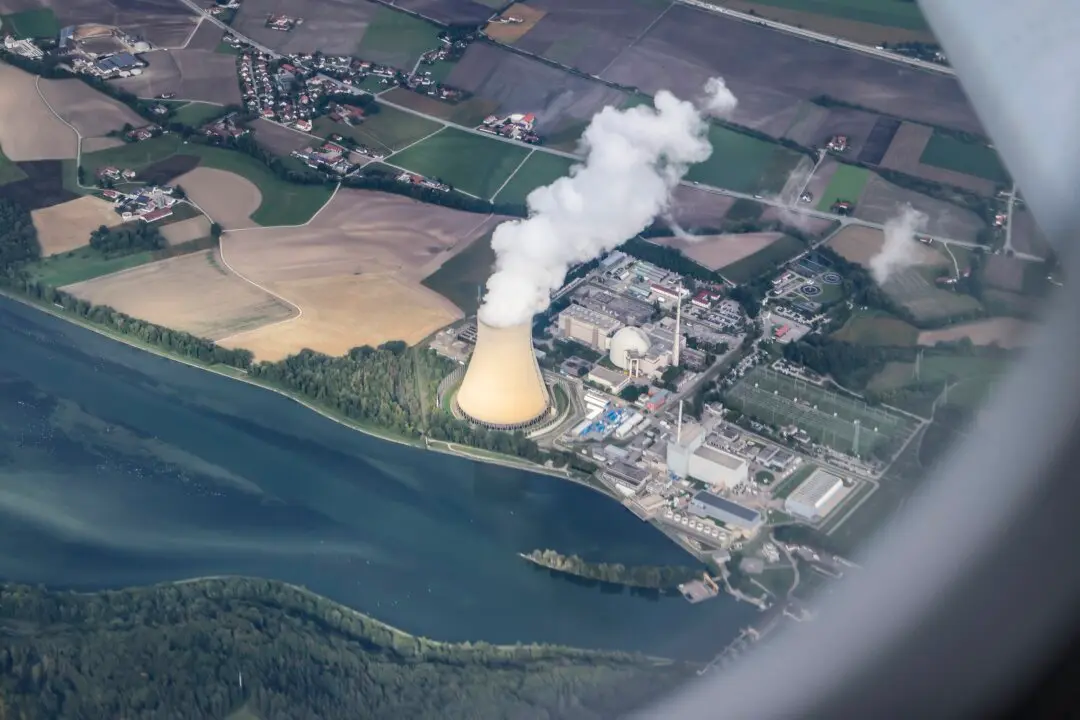The UK would have to give up half its farmland to make enough alternative aviation fuel to meet its net zero ambitions, according to a new report from the Royal Society.
The report warns there is no single, clear alternative to jet fuel able to support flying on a scale equivalent to present-day use.




